
Article 1 of the US Constitution holds great significance as it grants Congress the authority to pass laws if they are necessary and deemed fit.
The American Constitution is said to be somewhat unique in that it establishes that the rights granted to the people are vested in them by the “Creator”, not the state.
These inalienable rights, such as the Right to life, liberty, and pursuit of happiness, can be further utilized by the people to elect their own representatives to the government.
Article 1 of The US Constitution deals with the legislative branch of the United States Government and its machinery.
Article 1 is divided into 10 Sections which states
- What Congress is.
- What Congress does.
- How does Congress work?
So, let us dive into the details without much ado!
Section 1 Of The US Constitution
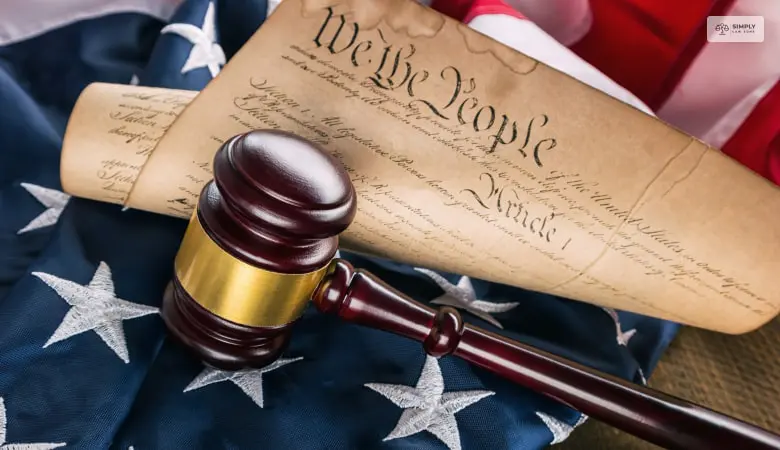
The general principles behind the provisions of this section include:
- Bicameralism
- Clear limitations to the powers
- All legislative powers are funneled into Congress.
Section 1 of Article 1 of the US Constitution bestows exclusive legislative powers to Congress. Articles 2 and 3 deal with the powers granted to the executive and the judiciary.
These three articles are responsible for the federal structure of the government that guarantees a clear separation of powers. Youngstown Tube & Sheet Company v. Sawyer (1952), further proved this concept.
Section 2 Of Article 1 Of The Us Constitution

This Section deals with the Composition and election of the members.
The House of Representatives of the US Congress is to be composed of members who are to be chosen every 2 years by the people of the states. The electors are required to possess the necessary qualifications.
This Section talks about the frequency in which elections are to be held. This ensures that the members remain accountable to the people. At the time of ratification in the year 1787, not all citizens of the United States were allowed to take part in the election process.
- Women (granted by the 19th Amendment)
- People of color (granted by the 15th Amendment)
- Native Americans,
- People banned under the property laws of that time,
were all excluded.
Powell v. McCormack (1969) was a landmark judgment by the United States Supreme Court that established the prohibition for states to add on or make changes to the list of qualifications.
A list of qualifications for members to be elected to Congress includes:
- The person must be at least 25 years of age.
- They must have been a US citizen for the past 7 years.
- They must be an inhabitant of the state from which he is elected.
The concept of One person-One vote was reconfirmed in the case of Wesberry v. Sanders (1964). The Equal Protection Clause under the 14th Amendment also takes care of the same. Even the tiniest distraction from this principle has been considered unconstitutional by the Supreme Court. – Kracher v. Dagget, (1983).
The Infamous Provision- Three-fifth Of All Other Persons

Section 2 Article 1 Of the US Constitution stated that any individual who was not free(slaves) would count as three-fifths of a person when voting for representatives. This clause had the potential to work in favor of the slaves. But, it gave a lot of power to the slave-owning states instead. This in turn perpetuated slavery.
Section 2 also gives the Legislature the power to impeach, including the power to impeach the president(in case of high crimes and misdemeanors).
Section 3 Of Article 1 Of The US Constitution
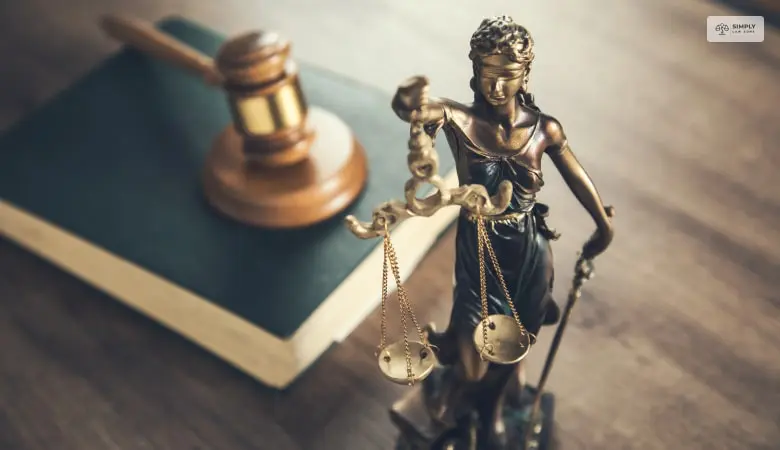
Section 3 of the US Constitution deals with the Senate, classification, vacancies, qualifications, Vice president, Impeachment, and their respective terms.
Two senators are to be elected from each state by the state legislatures regardless of the population of the state. This ensures that the state’s interests are looked after. They serve for a term of six years, getting one vote each. The framers of the Constitution made sure that the House of Representatives was kept in check.
The Firsts class Senator seats shall be vacated after the second year, the Second class seats vacated at the end of the fourth year, and the seats of the Third class Senators at the end of the sixth year. The vacancies are to be filled accordingly.
In case a Senator dies, resigns, or is expelled, the state legislature is to appoint a replacement who will serve for the rest of the term.
The Seventeenth Amendment stated that the Senators were to be elected by the people henceforth, rather than by the state legislatures.
A Senator is to be at least 30 years old, having resided in the United States for the past 9 years(at the minimum), and must be a resident at the time of the election.
Clause 4 establishes the Vice President to be the President of the Senate. Clause 6 establishes all provisions regarding the impeachment of all members of the Senate.
This Section vests the Senate with a few key powers. They are:
- The Senate can advise in case of presidential nominations,
- Advise during the ratification of treaties,
- Advise on the removal of important officials for misconduct,
- Advise on approving constitutional amendments.
Section 4 Of Article 1 Of the US Constitution
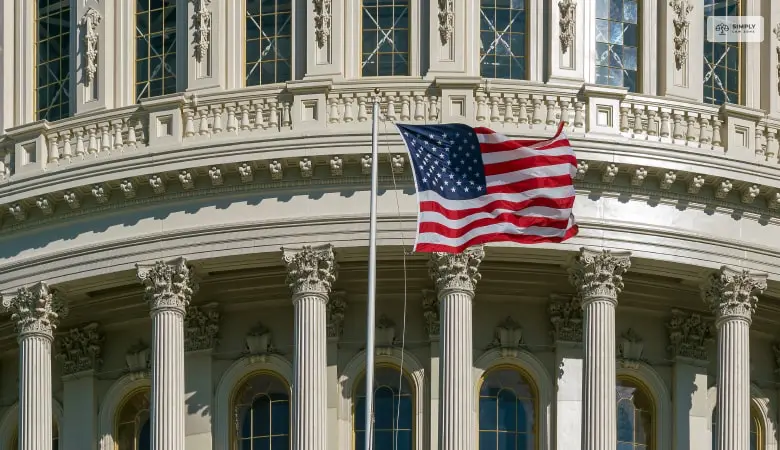
This section lays down the detailed procedure for the Congressional elections and sessions.
It makes a clear division of powers when it comes to elections. Congress may send the tentative dates for the elections, but the states have major say in the matter.
This section underlines a detailed set of rules to be followed state-wise and federally on the following matters:
- Election-related notices to the public,
- Registration of a voter,
- Protection of a voter,
- Prevention of election-related fraud,
- Counting of votes,
- The determination of election results.
The provision for one vote for one person was established by the Uniform Congressional District Act of 1967. In the landmark case of Buckley v. Valeo, limits on election expenditures were held to be unconstitutional.
Although the states are vested with a certain amount of power, Congress can decide the provision for congressional elections, and any statute of the state going against these provisions is displaced. These ensure that there are no unfair elections held by the states.
The 15th Amendment establishes the unconstitutionality of racial discrimination in elections.
The Enforcement Act of 1870 establishes bribery, false voting, interference with election procedures, and neglect of duties by any officer during elections, to be federal offenses.
Clause 2 states that Congress is to hold a session at least once a year on the first Monday of December.
Section 5 Of Article 1 Of The US Constitution
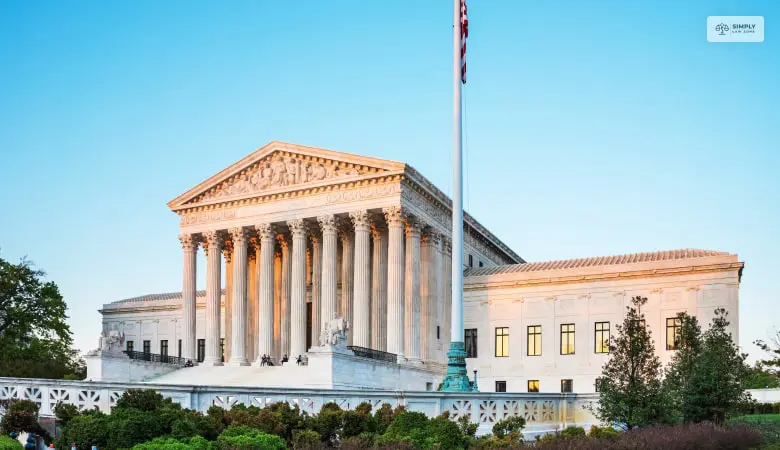
Section 5 of Article 1 establishes four clauses. The first clause lays down that each house of Congress has the right to judge the elections conducted for its members. This comes into question when there is confusion and the declared winner is challenged.
1984’s election where the Democrat candidate Frank McCloskey was declared winner in Indiana’s “Bloody Eighth” district called forth the use of this power.
The second clause states that each house of Congress shall determine the rules of proceedings conducted by them. The legislation passed by the respective house is at the end of the day largely affected by this.
The Committee on House Rules decides on the amendments to be made o the bills, which affects the idea of the legislation up to some extent.
The third clause establishes that the houses are to keep a journal of their actions which is to be published from time to time. This clause ensures transparency and accountability of the government to the voters.
Clause 5 establishes that either house cannot adjourn more than thrice to any other place than where either is sitting. The framers of the Constitution considered this necessary for successful bicameralism, where one house may be dissolved by another’s absence.
Section 6 Of Article 1 Of The US Constitution

This Section deals with the compensation, privileges, and restrictions on holding office. The Senators are responsible for deciding their own compensation. Any change made to such compensation is not to take effect till the next congressional session.
The members enjoy privileges modeled after the ones enjoyed by officials of the British Government.
The US Constitution also declares that no member of the legislative houses shall hold any other civil office under the US.
Earlier royal members used to bribe members of the house of representatives by offering lavish executive positions to help pass legislation that favored them. To combat these evils, this provision came into being.
Such a prohibition does not exist in other wings of the government. Chief Justice E. Warren served as an executive head of the body that looked into the assassination of President J. F. Kennedy.
The practice of holding more than one office at a time is often discouraged as it might perpetuate the misuse of power.
Section 7 Of Article 1 Of The US Constitution
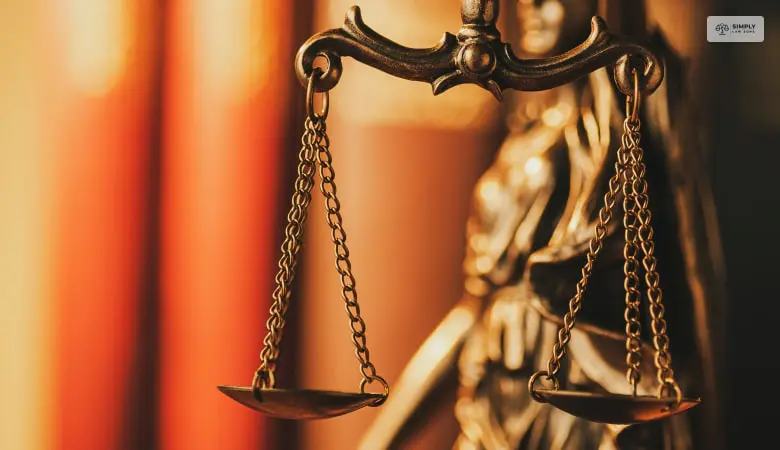
All Bills from which any Revenue can be earned are to originate in the House of Representatives, only. The Senate has the power to propose Amendments to Bills.
Such bills involve provisions for taxes. All bills except for revenue bills can originate in either house of the parliament. Revenue bills to originate in the House of Representatives only.
Clause 2 is known as the Presidential clause. It states that before a bill can proceed to become an Act it must be presented to the President who has 10 days to sign it. In the case of a proposed amendment, two-thirds of both the houses need to ratify it. If the President neither returns it nor passes it, it becomes the law(default enactment).
President Clevland holds the record of vetoing more than 400 billS in his term.
Every resolution, order, or vote should be passed by both houses of Congress. A motion for adjournment, however, must be presented to the President before it is passed.
Section 8 Of Article 1 Of The US Constitution

Section 8 talks about the powers of Congress in 18 clauses. This Section shows the federal nature of the US Constitution.
An attempt to balance can be noticed in this section which gives the houses of Congress certain powers and limits them in areas that are not mentioned.
The rest of the powers are vested with the states. Throughout history, the states have been at loggerheads by implementing their respective powers.
The 13th amendment was put into practice by the Republicans, eliminating slavery, however, the southern states were quick to fight back.
A precise list of powers enjoyed by Congress includes:
- The power to collect taxes, duties, imposts, and excises, pay debts to look after the defense and welfare of the state.
- The power to borrow money from the United Nations Organization.
- The power to regulate commercial relations with foreign nations, in-between states, and with native Americans. These three operate as separate clauses
- The Foreign commerce clause
- The Interstate Commerce Clause
- The Indian Commerce Clause
- The power to establish naturalization and bankruptcy regulations throughout the country.
- The power to form coin money, regulate the value of the currency, of foreign currency, and also make decisions on the standard of weights and measuring units.
- The power to punish any occurrences of counterfeiting the currency of the United States.
- The power to build and regulate post offices and roads in the nation.
- The power to help out with scientific progress by bestowing authors and inventors with copyright on their work of authorship.
- The power to establish tribunals under the Supreme Court of the land.
- The power to punish acts constituting piracy, felony, and other offenses committed on the open ocean.
- The power to declare war and other war-related actions.
- The power to raise armies and maintain them.
- The power to raise and maintain a navy.
- The power to establish regulations for the government, land, and naval forces.
- The power to call forth the military to execute federal law, while fighting against insurrections and invasions.
- The power to organize, arm, and discipline the military of the US.
- The power to legislate on areas that fall under the territory of the United States.
- The power to build forts or any other buildings in the US that the government may deem necessary.
- The power to make laws that are necessary to carry out the provisions stated in the US Constitution.
Section 9 Of Article 1 Of The US Constitution

Section 9 sets out the system of checks and balances by limiting powers including federal powers. This is to make sure that the federal powers stay within limits without overpowering the mechanisms of the states.
This section protects the federal structure of the United States from being corrupted by limited power. The provisions include:
- The Migration or the importation of slaves into any of the states will not be interfered with but the state has to pay a tax in case such matter takes place. This Section talks about Congress’ loss of power over limiting the slave trade.
- The Writ of Habeas Corpus is to be enjoyed by all citizens alike unless the exercise of it is a threat to public safety. A person cannot be held against his will without a legally backed reason.
- Bills of attainder or Ex post facto law have been declared unconstitutional. This provision lays down that no person can be criminalized by any legislation that operates retroactively. Everyone has a right to a free and fair trial.
- Capitation taxes, which used to be collected from all people irrespective of their income source, has been declared unconstitutional. These provisions lay down limitations on taxes. Congress must pass be transparent with the legislation to make it clear to the public where the tax money is being spent.
- Export taxes on articles from other states of the USA have been prohibited.
- No tax money is to be withdrawn without prior notice. Congress must pass be transparent with the legislation to make it clear to the public where the tax money is being spent.
- The last clause prohibits Congress from giving away titles of nobility.
Section 10 Of Article 1 Of The US Constitution
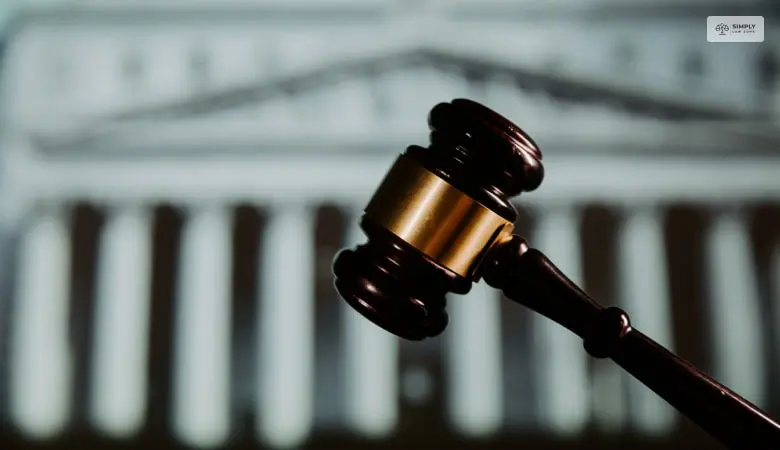
Section 10 establishes limitations imposed on the powers of the states. The rest of the Article talks about the powers granted to Congress and its limitations. This Section talks about the states, instead.
Clause one of Article 1, Section 10 of the United States Constitution contains the Contract Clause.
It states that there are certain powers that are limited to the federal government. These powers include
the power to:
- Enter treaties,
- Enter into an alliance,
- Grant letters of reprisal,
- Manufacture money or issue bills of credit (such as currency)
A major part of this clause focuses on preventing states from creating currencies of their own. The case of Fletcher v. Peck(1810) was the first case where the Supreme Court ruled a state law to be unconstitutional.
The case of Trustees of Dartmouth College v. Woodward(1819) was a landmark judgment coming under the purview of the Contract Clause. The essence and sanctity of a contract were held to be important for the proper functioning of a republic.
Clause 2 consists of the Import-Export clause.
It prohibits any state from collecting duties on imports unless inspection law calls for it. All revenue thus collected is to be for the use of the United States Treasury.
All laws made on this subject are to be revised and controlled by Congress.
Clause 3 of Section 1 states that no state shall at the time of peace, without the consent of the federal government, keep troops or armies, or enter into agreements with foreign nations. States are also not to engage in war unless invaded. They can with assent from Congress organize a militia.
Wrapping It up!
You might have a clear idea about the legislative mechanism of the United States by now. As complicated or vast as it is, it happens to be the foundation for the government.
That is exactly why the founding fathers of the Constitution took to framing the provisions of the legislative wing before they framed the executive and judicial provisions.
New laws are passed by the legislature every year. It is the job of the Legislature and the Judiciary to make sure that these laws do not go against the limitations set by the Godfather of all laws, the US Constitution.
Do let us know if you found this article informative!
Read Also:


